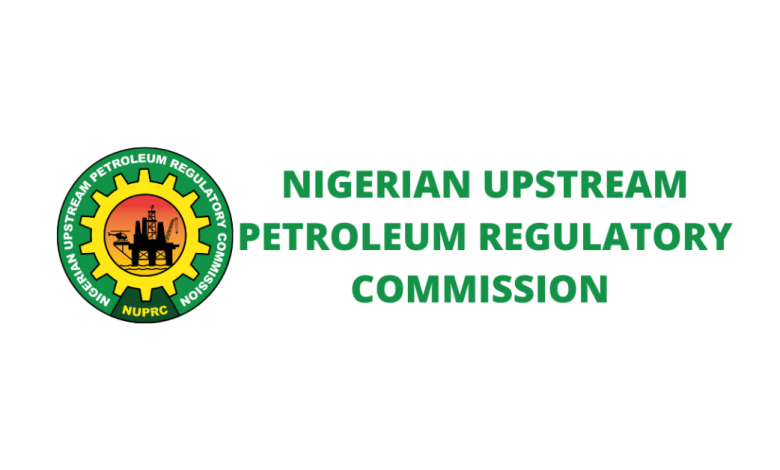
Nigeria’s upstream oil sector has recorded its lowest crude oil losses in nearly 16 years, with theft and metering inaccuracies dropping sharply to 9,600 barrels per day (bpd) in July 2025.
According to the Nigerian Upstream Petroleum Regulatory Commission (NUPRC), the figure marks the lowest since 2009, when daily losses fell to 8,500 bpd.
Between January and July 2025, total crude losses stood at 2.04 million barrels, averaging 9,600 bpd, a 50.2% drop compared to the 4.1 million barrels lost across 2024, which averaged 11,300 bpd.
The improvement is even more significant when measured against 2021, the worst year in two decades, when Nigeria lost 37.6 million barrels at an average of 102,900 bpd. The 2025 performance so far reflects a 94.6% reduction.
NUPRC Chief Executive, Engineer Gbenga Komolafe, credited the progress to reforms under the Petroleum Industry Act (PIA) 2021, combined with stronger collaboration with security agencies, operators, and host communities. “This significant reduction reflects our commitment to eliminating theft and inefficiencies across Nigeria’s oilfields and pipelines,” he said.
The Commission has adopted a dual strategy: boosting surveillance and infrastructure protection on one hand, while tightening regulatory oversight and transparency on the other. Key initiatives include a comprehensive metering audit of upstream facilities and the approval of 37 new crude evacuation routes to curb theft.
Industry analysts say the sharp decline signals a turning point for Nigeria’s oil-dependent economy, potentially boosting government revenues, attracting investors, and strengthening Nigeria’s global oil market standing.
“This progress shows the PIA is working,” said Lagos-based energy analyst Dr Aisha Mohammed. “But sustaining it will require vigilance, technology adoption, and continued reforms.”
With losses now at historic lows, the NUPRC’s latest report suggests Nigeria is gradually regaining efficiency and accountability in its most critical revenue sector.
